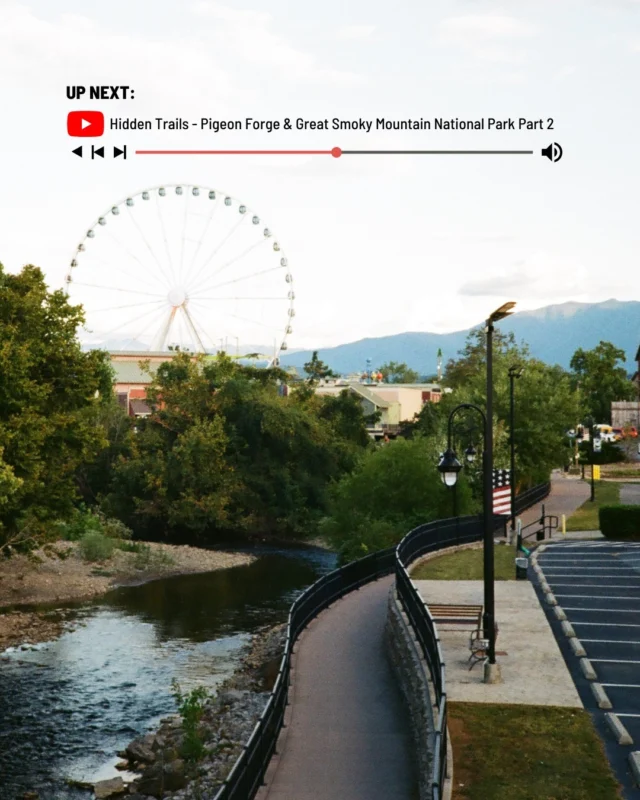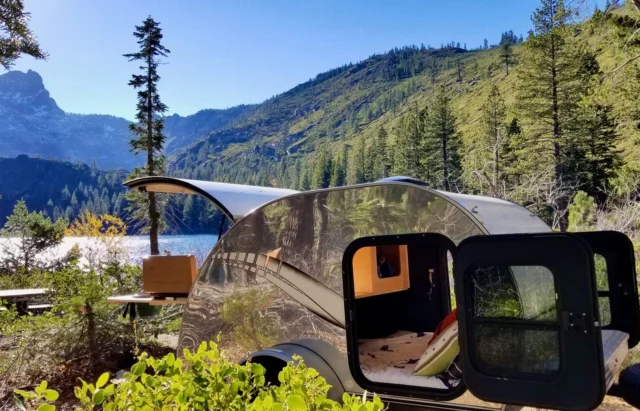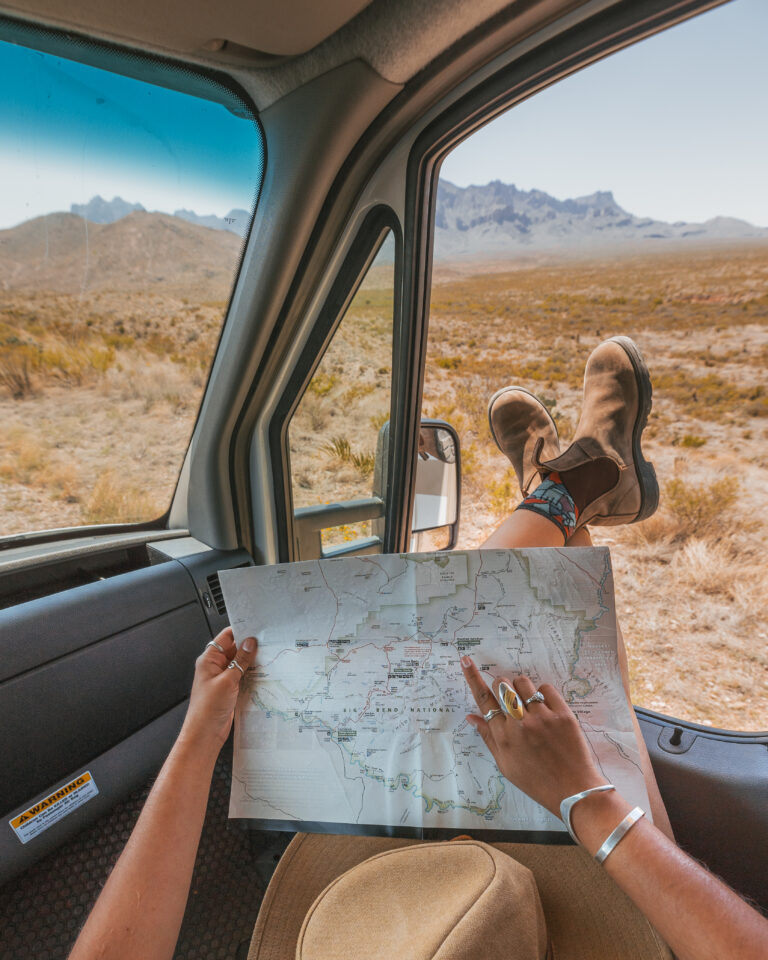
Ah, RV living. The freedom of the open road, the comfort of knowing exactly where you’ll lay your head each night, the excitement of all those impending, epic outdoor journeys…
It almost sounds too romantic to be true, doesn’t it? Well, while RVing is easily one of our very favorite things to do on earth, it’s true that beginners can get a false sense of reality when they first start thinking about taking on this unique travel lifestyle. And that’s true on both ends of the spectrum, by the way: while it’s definitely not like everything in the RVing world is rainbows and unicorns, people are also sometimes intimidated or turned off of the lifestyle by silly and untrue misconceptions about its difficulty.
So we put together this post to help point out some of the most common not-quite-true assumptions about living the RV life, and the actual reality you can expect in place. Whether you’re planning your first rental RV weekend getaway or considering jumping into full-time RV living, this post will help you learn more about what you can actually expect on the road.
The RV Lifestyle: It Might Not Be Exactly What You Think
Ready to debunk some flim-flam? Here are a few ways the real RV experience might not exactly match up with your expectations.
Expectation: All RVs are created equally.
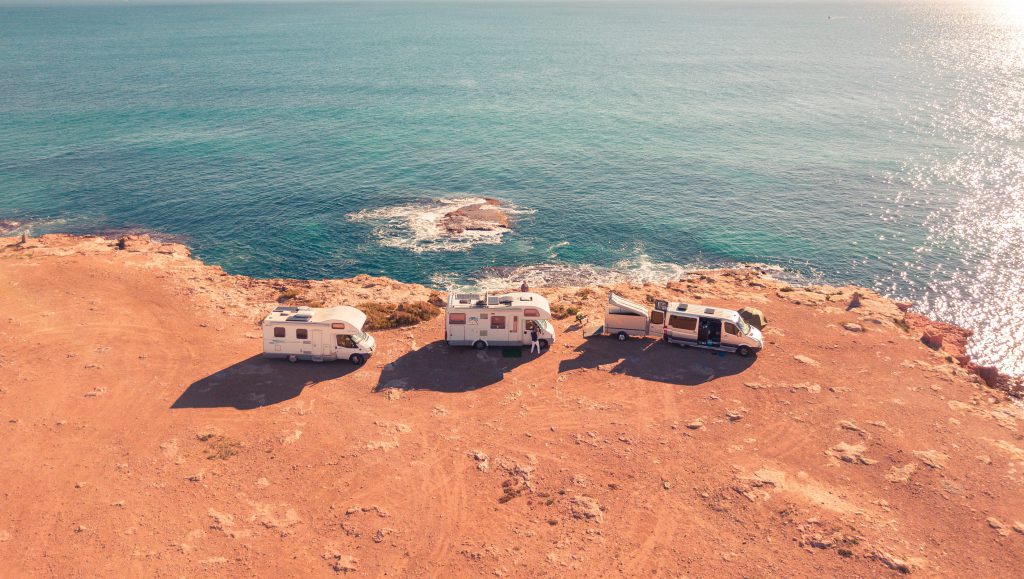
Reality: There’s such a huge array of different shapes, sizes, and types of recreational vehicles on the market, the term “RV” means almost nothing by itself. Are you talking about a motorhome or a towable rig? A huge Class A diesel pusher with all the amenities, or a modest camper trailer meant for getting out into the woods and back in touch with nature?
Along with creating some confusion for those brand new to the RV market, all the different RV types and classes mean prospective buyers have some homework to do before they settle on a rig that’s right for them. Which kind of camper you’ll prefer depends on your individual RV lifestyle. Are you hoping to kick back at an all-inclusive campground and enjoy some relaxing time off with your family, or are you a solo adventurer just hoping to make getting “out there” that much easier and more convenient? And if you’re considering buying an RV to live in — which we’ll get to in more depth a little bit later — you’ll need to make sure you get a capable, four-season vehicle that makes living in an RV year round safe and comfortable.
Furthermore, all these different styles and types of rigs mean RVs come at wildly different prices. You can just as easily find a used trailer for $15,000 or buy a brand-new, custom-made motorhome off the lot for almost a million bucks. (Yes, seriously.) But whether it’s budget concerns or other preferences that form the bulk of your decision-making, our in-depth guides to each of the RV classes can help you make a more informed purchase.
- A Deep Dive into Class A Motorhomes
- Little, but Powerful: A Deep Dive into Class B Motorhomes
- Dipping a Toe Into the RV Lifestyle: Pop Up Campers, Small Travel Trailers, and Rentals
- RV Classes Explained: Which is Right for You?
Expectation: RV living is luxurious and quiet, like a personal yacht on land.
Reality: While they are sometimes called “land yachts” (specifically when you’re talking about Airstreams), the atmosphere around your rig isn’t always serene.
Don’t get us wrong; there are times when it absolutely is. There’s nothing like waking up in an off-grid camping site at a national forest to the sounds of nothing but birdsong and that babbling brook nearby, brewing your coffee over the campfire.
But sometimes, RVing means listening to your campground neighbor’s children screaming and shouting through the not-quite-so-insulated-after-all walls of your camper trailer, or trying to drown out a bevy of generators droning away in the camping area of a music festival. And even if everything on the outside is perfect, limited space and tight living quarters can make the interior of even the happiest small campers’ home away from home chaotic at times.
No wonder so many serious RVers take to solo boondocking…
Expectation: Dedicated RV campgrounds are all noisy/crowded/quiet/luxurious/*insert adjective here.*
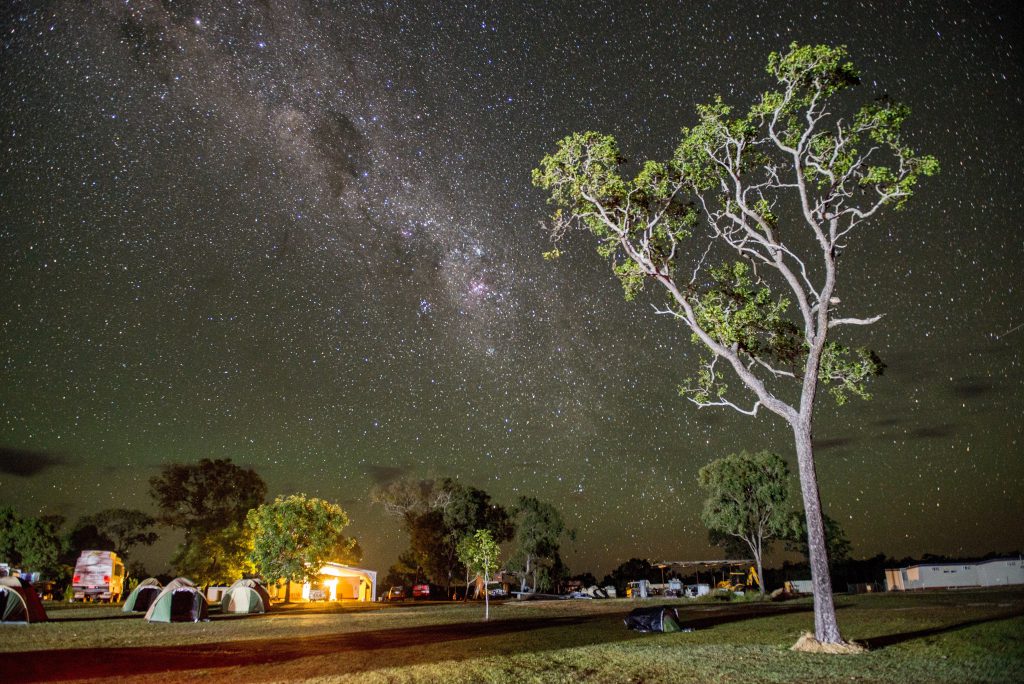
Reality: RV campgrounds — and the RV camping experiences they provide — come in all manner of flavors! From ultra-luxurious, exclusive motorhome resorts to modest state parks and boondocking arrangements, there’s no such thing as a “typical campground,” and finding the type that suits you best is one of the fun parts of the RV living experience.
When you’re just getting started, it can be overwhelming to decide where to stay, and chances are you’ve already got a lot on your plate to learn. So check out our post on the differences between public and private campgrounds, as well as our beginner’s guide to getting off the grid and boondocking if you’re feeling especially adventurous!
Expectation: RVing will make you instantly outdoorsy and badass.
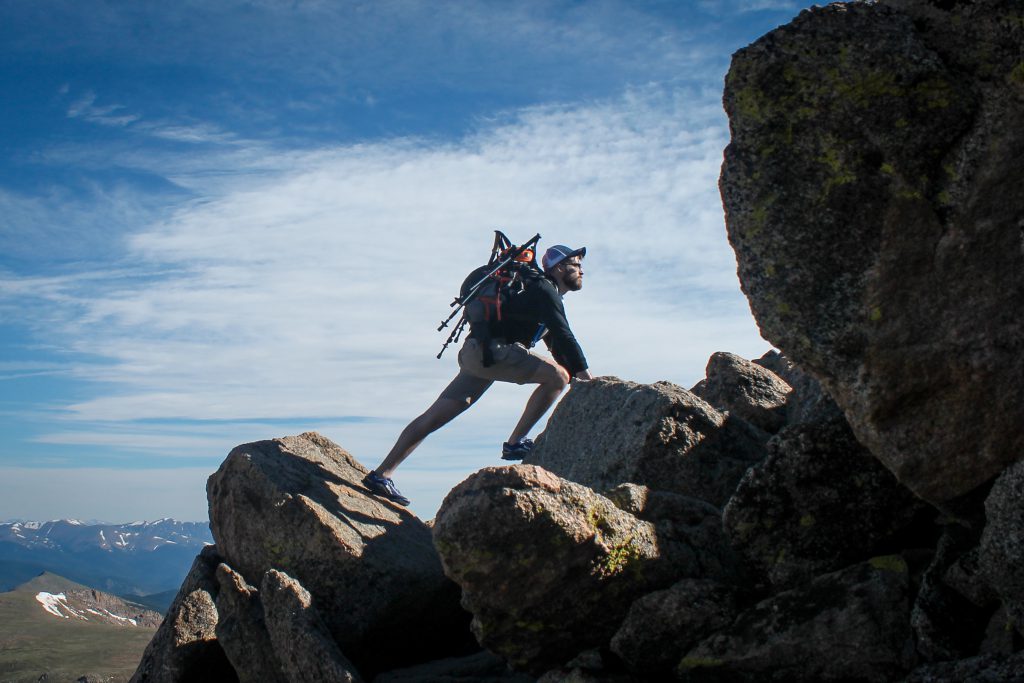
Reality: As many amazing outdoor adventure opportunities as RVing offers, they definitely make it just as easy to sit back and zonk out on the couch. And, hey, depending on your personal vacation goals, there’s nothing wrong with that. The whole “glamping” movement does exist for a reason; so long as you’re camped while you do them, Netflix binges and arts and crafts days count as camping activities!
One of the best things about RVing, in fact, is how customizable it is to your individual preferences and needs. In fact, the respective members of your camping party can have entirely different vacation experiences if they want — if you’re raring to climb a mountain while hubby would rather watch a documentary about mountain climbing (or, let’s be honest, a game of football), no problem. Camping in a comfortable home-away-from-home on wheels means you can both get exactly what you want. How often does that happen?
Expectation: RVs are super intimidating to drive and operate.
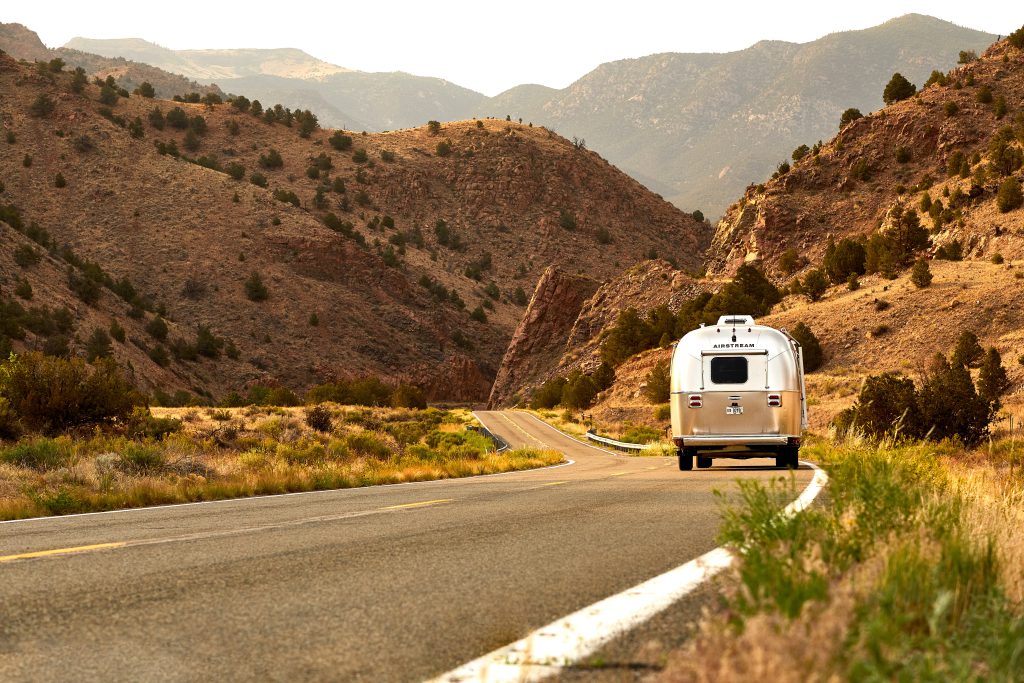
Reality: While there’s definitely a learning curve involved, particularly if you’ve only ever driven a sedan or something similar, regular people just like you learn to operate even super-sized rigs with skill and confidence in a manner of days. Especially with the modern technology we have access to these days, campers of all shapes and sizes are surprisingly easy to drive, and other onboard systems, like your RV’s plumbing, aren’t anywhere near as intimidating as they might seem.
What’s more, if you do find yourself stuck or confused for any reason, you’re in luck: the RV camping community is one of the most robust and ready-to-help on the planet. Just by being around other campers, you’ll have access to one of the best roadside assistance resources available.
Of course, there are a few things that even veteran campers wish they knew before they got started. Luckily, we’ve written about ’em, so you don’t have to learn the hard way! Here are a few posts aimed toward novice RVers to help you get up and running smoothly and successfully.
- How to Pack for Your First RV Trip
- Avoid Overpacking: 5 Things NOT to Bring Along on your RV Trip
- Tips for Setting up the Perfect Campsite
- 13 Ways Renting an RV is Not What you Imagined
- 5 Common Misconceptions About Driving a Rental RV
- 5 Times Renting an RV is the Best Way to Reach your Destination
- How to Mindfully Choose your Next RV Destination
Myths About Retired RV Living and Full-Timing
Even just vacationing in an RV can bring some unexpected surprises, but that goes double for those who take on the RV life full time. In fact, some of the very things that most commonly draw people to lifestyle RVing can turn out to be less-than-factual, depending on your camping choices.
So if you’re considering full-time RV living, read on. That way, you’ll know exactly what you’re getting into… and exactly how awesome it can be.
Expectation: Becoming a full-time RVer means instantly saving money.
Reality: Although dropping your mortgage may look attractive, it’s actually pretty easy to rack up quite a tally of expenses while living in a camper or travel trailer.
Many people are drawn to RVing in the first place thanks to the promise of minimalism. Living in an RV promises a dramatic decrease in storage space as well as lower expenses, encouraging a more intentional lifestyle which some campers have effectively used to achieve financial independence and early retirement.
But keep in mind that campsite accommodations alone can run as much as $75 per night or more, and that’s not counting the cost of the rig itself. (Or fuel. Or food. Or repairs. Or… well, you get the picture.)
The big difference between the cost of RV living and the cost of regular-house living (or other forms of extensive travel)? You have way more control over exactly what your budget will look like, and the ability to change it around as needed, as opposed to being locked into a set of fixed monthly expenses.
For example, maybe you have a sudden windfall from your tax return or an especially good month of business. Sweet! That extra cash might mean extra gas in the tank to explore a new destination, or a couple of weeks at a posh campground with all the amenities. But when times are tight, it’s not too much of an issue; you can spend a month camped out at a low-cost state park (or even boondocking), saving yourself both accommodation, or “rent,” and gas money. The only fixed costs you’ll face will be the RV payment, if you have one, as well as necessities like insurance and registration. And while you’ll obviously need to feed yourself and your family, it’s pretty easy to cut back on grocery spending, especially when you have access to your own on-the-road kitchen!
Expectation: If you go full-time, you’ll end up living in an RV park.
Reality: Full-time RVers move from place to place pretty frequently, and often spend significant amounts of time outside of a dedicated RV park with hookups. For instance, they might “moochdock” on a friend or family member’s property for a while, or utilize a service like Harvest Hosts to explore new territory while meeting new people at the same time. There are also state and national parks to camp in, as well as the vast swaths of BLM land ripe for boondocking, especially out west. In short, although you’ll likely spend a good chunk of time in RV parks as a full-timer, becoming one doesn’t mean you’ll be living at the local KOA forever!
Expectation: Full-time RV living means you’re constantly traveling, moving from place to place on a weekly, or even daily, basis.
Reality: Although constant travel might sound exciting, after just a couple of weeks of this go-go-go mentality, chances are you’ll be more than ready to take a break. In fact, if you go really overboard, you might burn yourself out and end up ditching the full-timer lifestyle entirely.
Think about it. Yes, seeing new destinations is amazing, and one of the things that draw us to this travel lifestyle in the first place. But it’s also fairly work-intensive, isn’t it? You have to not only plan where to go, but also find reasonable accommodations and sketch out what you want to do while you’re there. And if you’re not planning on coming back to that spot anytime soon, that might mean a lot of bouncing around. You don’t want to miss anything!
Just because you’re living in your RV full time doesn’t mean you’re on full time vacation. Unless you’re retired, chances are you’ll still be performing some sort of remote work (or acquiring income through work-camping arrangements), which means you don’t have every single hour of the day free to do whatever you want with. Between keeping up with the bills and exploring your new destination, you may quickly find yourself exhausted. Even the heartiest adventurers need a night to just sit back and do absolutely nothing every once in a while!
What’s more, every time you find a new temporary home for your rig, you have to figure out where all those go-to “home” things are in the new city: who has the best pizza? Which vet can you call at 3 a.m. if your cat gets sick? These kinds of logistical considerations don’t seem very glamorous, but you don’t have to think about them when you live in a single city. Full-time travelers quickly realize how much we take for granted when we’re not always on the go.
So as a full-time RVer, you’ll need to find ways to balance your desire to see as much of the map as possible with your human limitations and need for actual relaxation. By spending at least two weeks (and honestly, more like a month) at each stop along your journey, you’ll have more time to fully experience it at a relaxed pace… and chances are, you’ll even save money on gas and accommodations.
Expectation: If you’re planning on going full-time as a solo adventurer, you’re going to get lonely fast.

Reality: Okay, we’ll level with you. There’s definitely some degree of truth to this one. When you don’t live in one place on a permanent basis, it’s a lot more difficult to find community, because many of the ways we go about that require returning to the same place again and again: the same church, the same workplace, the same coffee shop.
But solo adventuring doesn’t have to be lonely — not by a long shot! Today’s camping community welcomes RVers of all stripes and creates easy ways to get involved with RVing events and camping meetups.
For instance, if you’re traveling in an Airstream, you might consider heading to the annual Alumapalooza event, where you’ll find other people just as devoted to their big, silver bullet trailers as you. The camping club Escapees also hosts a variety of big rallies throughout the calendar year, as well as providing some of the most reliable full-time RVer resources available.
And even if you just wander around your campground (or hike in the trails nearby your hard-won wilderness site), you’re sure to run into some friendly faces who’d love to swap stories and s’mores over the campfire. There’s also a robust online community with forums and other chat groups, and even a social media app made specifically for RVers. In short, there’s definitely no need to be lonely!
Thinking About Living in a Motorhome?
Whether you want to retire in a large luxury RV or escape your day-to-day in a tiny pop-up trailer, there’s a lot to consider before you commit to full-time RV living.
Here are some of our best resources for those who think the full-time RV lifestyle might be right for them.
- Can you Afford to RV Full Time? Consider This
- Ready to Hit the Road? 7 Full Time RVing Must-Haves
- How to Establish State Residency if you Live in Your RV Full Time
- What Every Full Time RVer Needs in their Toolbox
- What You Might Miss When Living in an RV Full Time
- 5 Tips to Start Full Time RVing
- RV Living Inspo: Full Timer YouTube Channels
An RV vs. a Regular House: What Are the Main Differences?
Especially when we’re talking about full-timing, there are some pretty huge differences between kicking it in a motorhome and keeping a traditional, sticks-and-bricks house. Here are a few things to keep in mind before you head out on the road.
Less space (which means less stuff). Even a large RV has a much smaller living area than a standard American house, not to mention much less storage. That means you’ll have to be a lot more intention with what you bring along for the ride, and carefully weigh the benefits and drawbacks of everything you purchase!
This smaller, more intentional way of living is extremely attractive for many campers hoping to create a less complicated life. Buying and using less is better for both your wallet and the world, and it can even help you achieve financial freedom (and possibly even early retirement!) much more easily.
Of course, minimalism isn’t for everyone. And to be honest, some of the crazy-luxurious Class A diesel pushers out there feel anything but minimalistic! While you might not be able to bring along an entire wine cellar, there’s definitely room in the RVing world for the maximalists amongst us.
No mortgage — but possibly a payment. If you can buy an RV free and clear, moving into one full time can be an incredible money saver. How amazing would it feel to wave goodbye to your mortgage?
But even modest RVs are still pretty significant investments for most of us, costing tens of thousands of dollars. Financing is available for RVs, and because they count as domiciles when you’re living in them full time, you may even have access to some additional tax incentives. But keep in mind that the “V” part of the “RV acronym does refer to vehicle — and vehicles, as you surely already know, depreciate in value. Whereas a home can build equity and even appreciate over time, it’s pretty tough to say the same of even the best-kept motorhome or travel trailer. Of course, for many of us, the freedom to wander where we want eclipses any missed financial opportunities. Just make sure you know what you’re getting into before you make the decision.
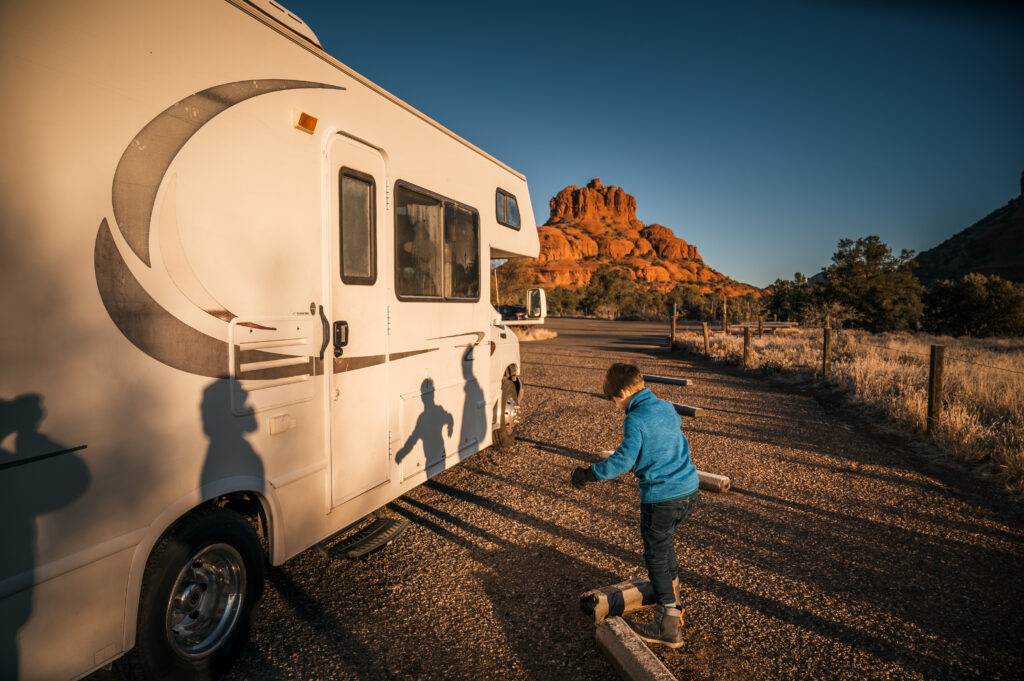
Our Road Trip Guide for Beginning Campers
The best way to learn more about what it’s actually like to be an RVer… is to become an RVer, of course! While you’ll certainly run into your own unexpected surprises (which we’d love to hear about, by the way — that’s how the camping community learns!), here are a few quick tips to help you get started without too many serious snags.
Make sure you bring the right stuff — and leave behind the rest!
When it comes to camping, having the right gear, clothes, and RV accessories with you can really make or break the whole trip. (Trust me, you’ll see what we mean if you end up on an alpine hike without a good, moisture-wicking jacket camped out somewhere without a sewer hose or leveling blocks.) But at the same time, your RV only has so much storage space. Some stuff is simply not worth the weight — or the hassle.
To that end, we’ve assembled some of the best resources on the web to help you discern what to keep in the “to-pack” pile… and what to leave out.
- RV Travel Lists: What You Need to Know
- Avoid Overpacking: 5 Things NOT to Bring Along on your RV Trip
- Here’s Your Perfect RV Weekend Getaway Checklist
- Packing your RV for Winter
- How to Pack for Fall Travel
- Our Master List of 20 RV Accessories We Can’t Live Without
- Emergency Gear Every RV Owner Should Have On-Hand
Playing road trip planner? Here are some suggestions.
Planning an RV road trip is all about balancing spontaneity and security. You definitely want to take advantage of your rig’s ability to offer you shelter and food no matter where you take it… but you also probably don’t want to spend too many nights boondocking in a Walmart parking lot. (Trust us, there are much better places to live without air conditioning for an evening.)
When traveling during busy seasons or heading to popular destinations, it’s a good idea to have at least a basic sketch of your itinerary. Although it does limit your flexibility a bit, it can also be helpful to book some campsites ahead of time.
If you’re not sure where to start looking when it comes to securing an affordable and attractive campground, you can start by running a quick Google search for “camping near me” or “camping + [your destination’s zip code].” We also recommend searching the Passport America directory, since you’ll get 50% off your accommodation fees at the almost 1900 campgrounds you’ll find within it… that is, if you’re a member. (You are a member, aren’t you? The whole year costs less than $50, so if not, click here to learn more and sign up today.)
Ready to Try RV Living for Yourself? RV Rentals Near You
The only way to truly understand what life is like behind the wheel of a travel trailer or motorhome… is to get behind the wheel yourself. And renting a rig on the peer-to-peer market is an excellent way to moonlight in this unique travel lifestyle without making the big purchase commitment before you’re ready.
Because RVshare rigs are owned (and vacationed in and loved) by regular people like you and me, you’ll have access to a much wider range of vehicles than you would on a traditional dealership floor — which can give you a much better sense of the actual reality of what RV living feels like. (The fact that you’ll likely save a heap on your per-night rental price is also a pretty good perk, we must say.)
No matter how you get started on your RVing journey or what you discover in the process, we can’t wait to hear about it. Who knows? Maybe your experience and advice will end up in a future RVshare post for the next generation of beginners!
This post may contain affiliate links.





